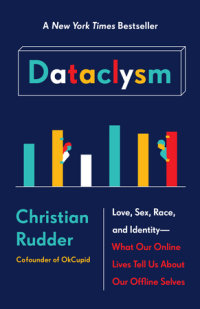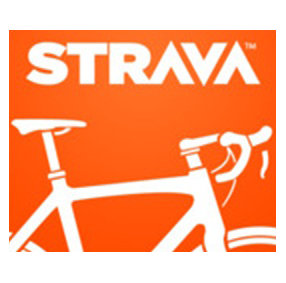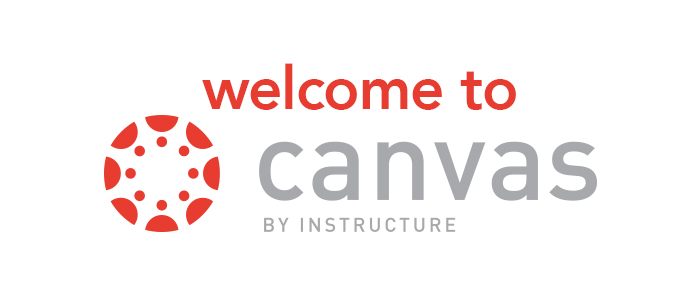One way some colleges approach this issue is by using modified writing-about-writing curriculum. Teachers can use knowledge domains as ways to explore how and why language matters. For example, students can evaluate Strava comments, Pinterest quotes, Facebook posts, etc. They can then ask themselves, "How do these literacies matter and affect the student's life?"
Another idea for helping students value and interact with writing is to have them create an auto-ethnographic report on themselves and analyze their daily written activities for two weeks. Students can then post their findings into a blog, which adds a visual aspect to the text. Some examples of research methods are as follows:
- Culture grams: to visualize social selves, literate activities, audiences, and texts
- Self-observation: to examine textual artifacts and their contextual influences
- Audience interviews: to gain new insights about textual practices and participation in literate activities through multiple perspectives (interview Pinterest audience member and a member of another social media source or sources.)
Students can ask themselves if the statement "I am what I post" is true. Is what I post upon next influenced by how many comments I received from a previous post? Are we constantly shaping who we are by the feedback we receive? Or are we more driven by internal or other external motivators?
Students can answer questions such as, "What is my purpose for sharing my healthy cooking recipes online? What messages am I trying to convey when sharing Facebook posts involving corruption in the food industry? Why do I share pictures and videos of my family on vacation? What political posts will I share?
 I hope you can see how using the world of social media can indeed help students to grapple with written literacies and how these shape their sense of self and the world around them. Next, we can drive them into modes of research by taking the familiar and pressing that knowledge base into the more formalized college system of making meaning with documentation, scholarly articles and literature, and train them to indeed value the world of written academia. And if you have any doubts or wonder how we can make meaning with Math, check out Dataclysm by Christian Rudder. I just heard about this book and hope to read it soon.
I hope you can see how using the world of social media can indeed help students to grapple with written literacies and how these shape their sense of self and the world around them. Next, we can drive them into modes of research by taking the familiar and pressing that knowledge base into the more formalized college system of making meaning with documentation, scholarly articles and literature, and train them to indeed value the world of written academia. And if you have any doubts or wonder how we can make meaning with Math, check out Dataclysm by Christian Rudder. I just heard about this book and hope to read it soon.





